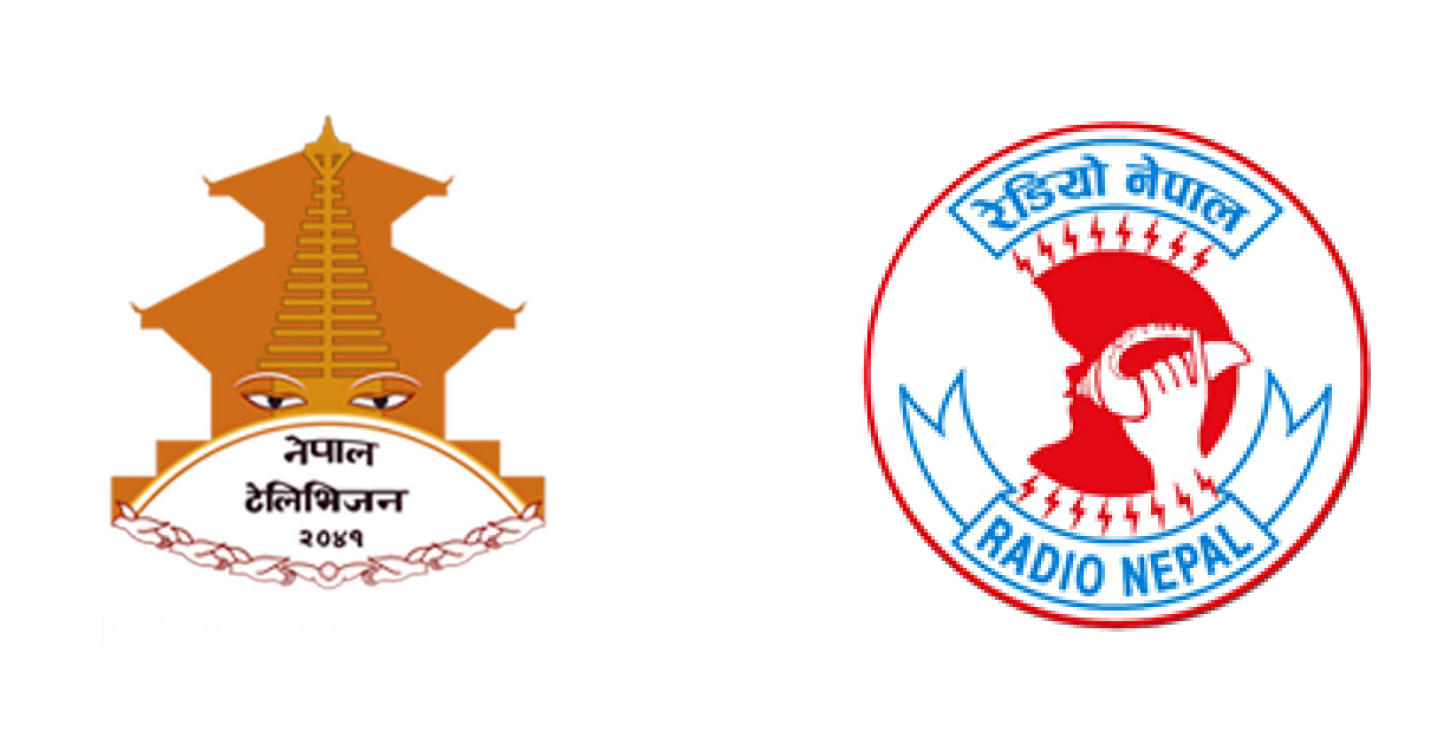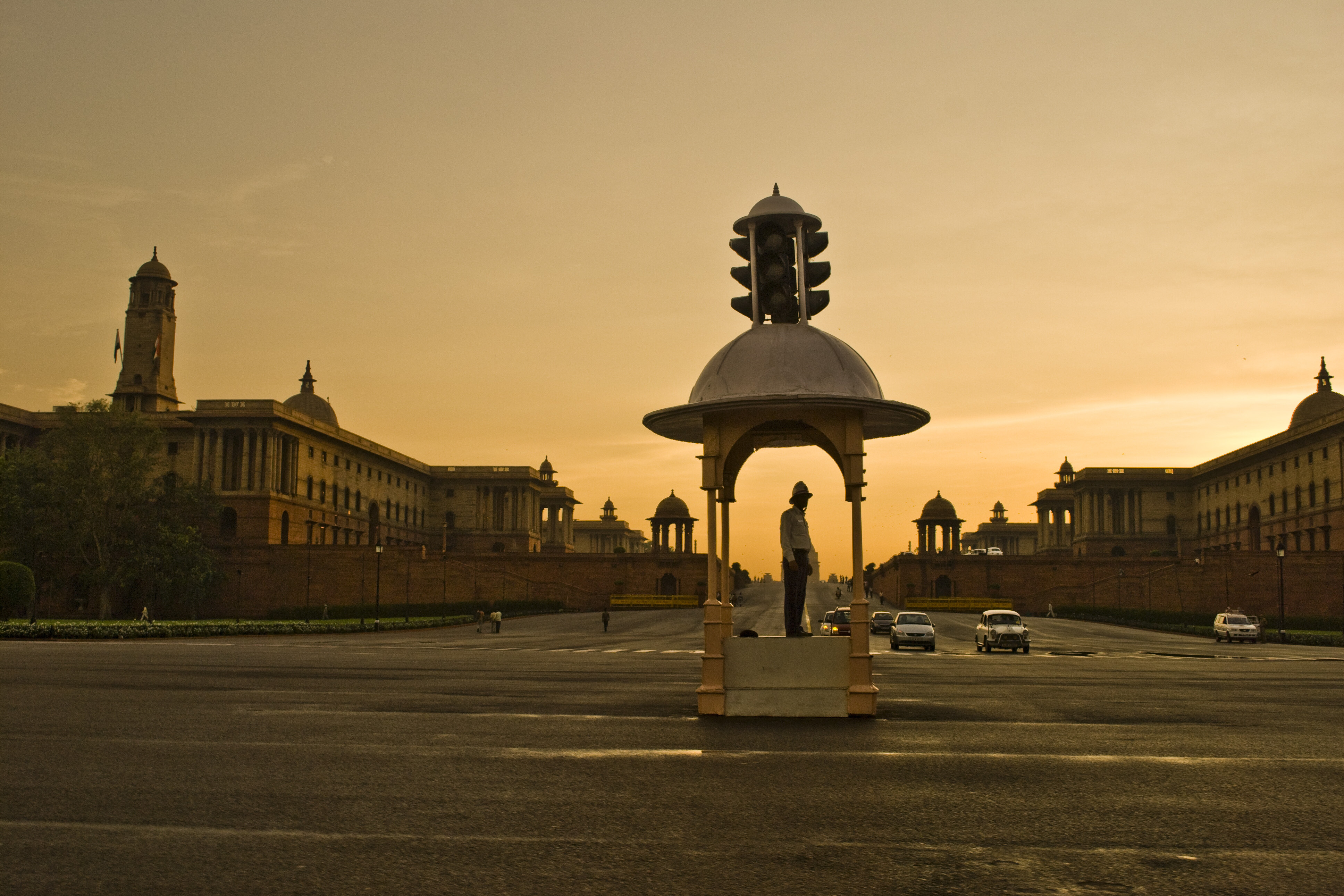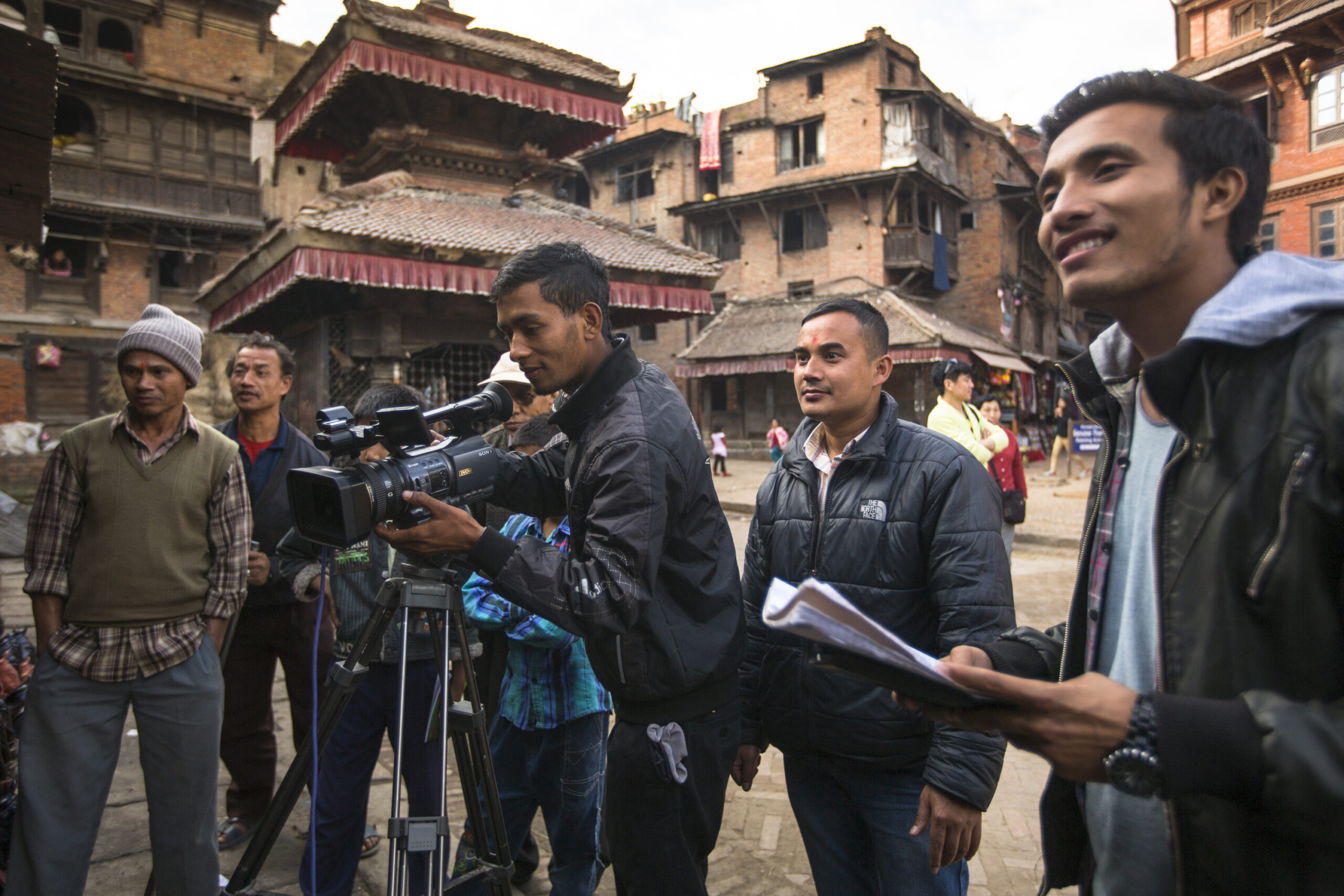Nepal to create brand-new public service broadcaster
20th September 2024
The House of Representatives passed the Public Service Broadcasting Bill, which will create a new National Public Service Broadcasting Agency from the merger of the two existing state radio and TV networks.

IN BRIEF:
- The Nepalese government introduced a bill to merge Radio Nepal and Nepal Television into a new public media entity, which was passed by the House of Representatives and awaits presidential approval.
- Experts are divided on this new law, with some saying there needs to be more provisions to guarantee the independence of the new organisation.
IN FULL:
The Nepalese House of Representatives has passed the Public Service Broadcasting Bill, one of the final hurdles to a planned merger of the two national broadcasters, Radio Nepal and Nepal Television. The bill still requires presidential approval before the new broadcaster, the National Public Service Broadcasting Agency, can be formally created.
The “Passage of the PSB bill from Nepal’s parliament is a milestone on media development and lawmaking in this sector,” said Taranath Dahal, the Chief Executive of Freedom Forum, which has been advocating for the bill since 2007. “Still, there are some provisions to be standardised. But the progress made by the parliament carries much significance to further development in media sector.”
Read more: Nepal: Public media independence at risk
This legislation, which has been two decades in the making, was initially designed to establish a public service broadcaster more “robust, efficient and strong” than what already existed. Stakeholders looked at other public service media models such as the BBC or NHK to bring Radio Nepal and Nepal Television under one umbrella and funded by the public.
Subscribe toour newsletter
Keep updated with the latest public
media news from around the world
Future management model raises questions
Despite this step forward, the bill has faced some intense criticism. In 2023, experts argued that it deviated from the original mission to create an editorially independent public service broadcaster, free from political interference.
“There are many provisions in the bill that undermine the actual spirit of public service broadcasting,” Raghu Mainali, a broadcast media expert, told The Kathmandu Post. “Lawmakers have a lot of work to do to make public service broadcasting a reality.”
Concerns were raised over the planned governance structure, the appointment process for key management positions, and the broadcaster’s future funding.
The bill envisioned the creation of a council which would govern and provide policies for the new entity. This council would be led by the Minister for Communications and Information Technology. Media Action for Nepal’s Chairperson, Laxman Datt Pant, previously told PMA a minister-led council with representatives from federal and provincial governments “would have a negative impact on the editorial independence of the public broadcaster… The council should be led either by the chair of the thematic parliamentary committee or by one appointed by the head of state on the recommendation of an independent committee.”
The Freedom Forum’s Taranath Dahal added: “Its members should also be appointed through a fair process involving representations of the political parties represented in Parliament including the opposition.”
In addition to the Council, the National Public Broadcasting Agency would also have a board of three people issued from different ministries and appointed by the government. The chairperson of the executive committee would be chosen by the Public Service Commission.
Fear over lack of independence
“The question is whether such a broadcaster is accountable to the people or the government,” said media expert Raghu Mainali when talking about the editorial independence of the future institution.
Lawmakers, however, have stressed that the National Public Service Broadcasting Agency should be autonomous and prioritise “the voices of the citizen, not merely the voice of the state”.
The Nepalese press have questioned whether the public broadcaster would be able to remain critical and free from political interference as the bill lacked provisions ensuring autonomy.
Related Posts
7th August 2024
Why Broadcasting Bill has provoked fears of censorship in India
India's independent audio-visual…
21st March 2024
Slovak government urged to abandon new public media law
The govt’s new proposal on RTVS Act…
16th February 2024
New wave of criticism for proposed Papua New Guinea media law
Critics say a proposed media law would…



